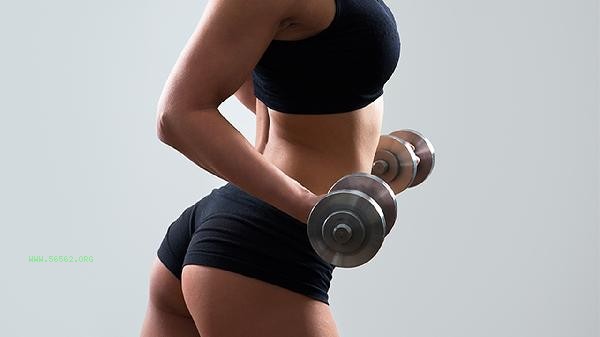During fitness, it is necessary to consume carbohydrates as they are the main source of energy during exercise, helping to maintain athletic performance and promote muscle recovery. Carbohydrates are converted into glucose in the body, providing immediate energy for high-intensity training while helping to prevent muscle breakdown.

1. Energy Supply
Carbohydrates are the most direct source of energy for the human body, especially during fitness when muscles require a large amount of glucose to support high-intensity exercise. When the body has sufficient carbohydrate reserves, exercise endurance and explosive power will be significantly improved. Lack of carbohydrates may lead to premature fatigue and affect training effectiveness.
2. Preventing muscle loss
Moderate intake of carbohydrates can reduce the probability of protein being consumed as energy. When the body lacks glucose, it breaks down muscle protein to provide energy, leading to muscle loss. supplementing carbohydrates before and after exercise can protect muscle tissue and promote synthetic metabolism.
3. Promoting Recovery
Supplementing carbohydrates after training can quickly replenish muscle glycogen reserves and accelerate the recovery process. Carbohydrates stimulate insulin secretion and help amino acids enter muscle cells for repair. A reasonable combination of carbohydrates and proteins can maximize muscle growth efficiency.

4. Neurological Function
The central nervous system relies on glucose for energy supply, and a low-carbon diet may lead to decreased attention and delayed response. During fitness, the nervous system needs to coordinate muscle contractions, and sufficient carbohydrate intake can maintain the efficiency of nerve signal transduction.
5. Metabolic regulation
Carbohydrates are involved in multiple metabolic pathways, including complete oxidation of fats. Moderate intake can prevent excessive accumulation of ketones and maintain normal metabolic status. Compound carbohydrates can also provide dietary fiber and promote intestinal health. Fitness enthusiasts should adjust their carbohydrate intake according to the intensity of their training, and prioritize low glycemic index foods such as whole grains and potatoes. Supplementing easily digestible carbohydrates with protein within 30 minutes after exercise is more effective, such as pairing bananas with whey protein. Avoiding long-term extreme low-carbon diets may lead to metabolic adaptation and reduced exercise performance. It is recommended to consult a nutritionist to develop a personalized carbohydrate intake plan that balances the need for muscle building and fat loss.








Comments (0)
Leave a Comment
No comments yet
Be the first to share your thoughts!